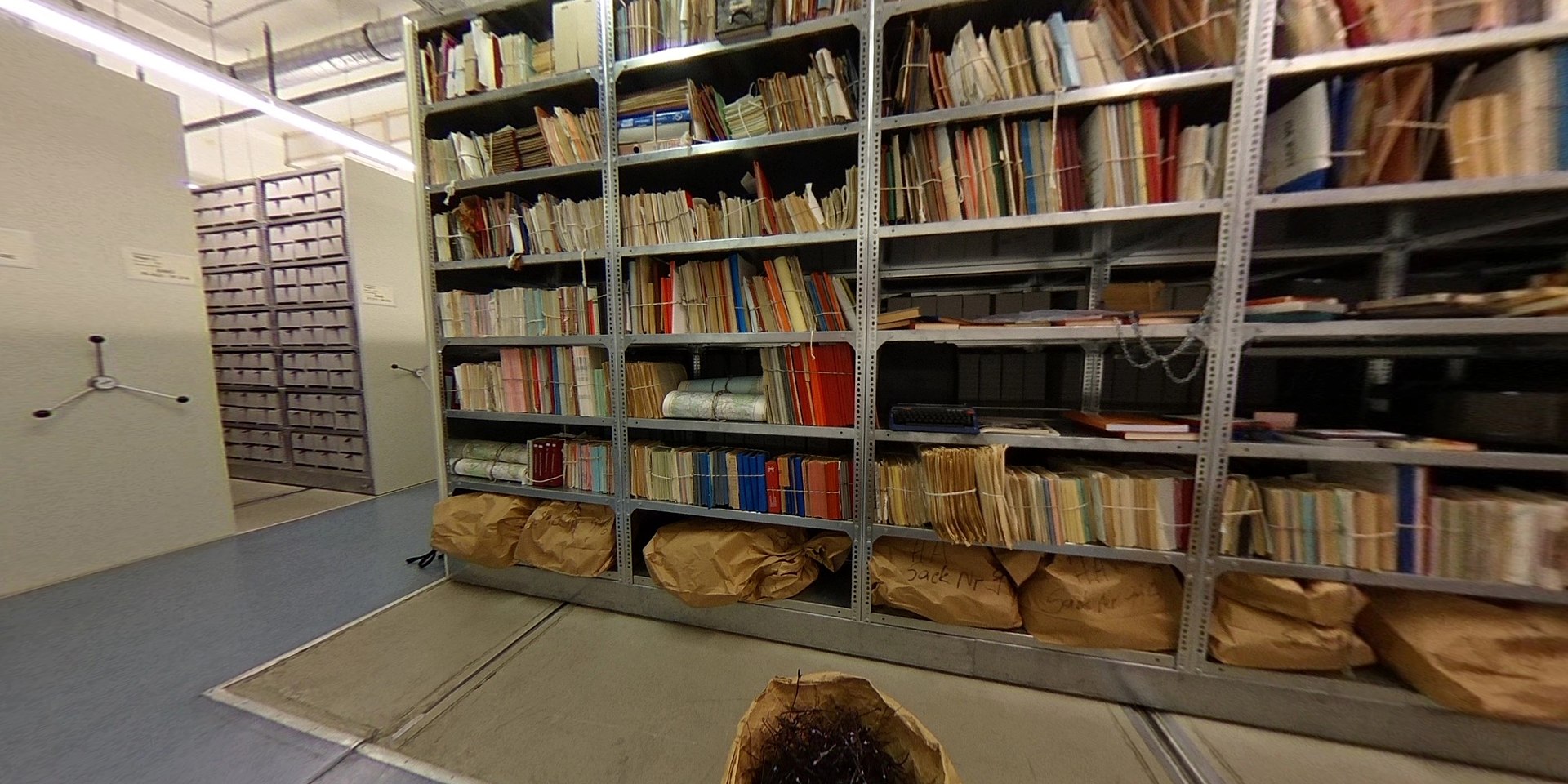
Stasi files (Photo by Maximilian Schönherr – Own work, CC BY-SA 4.0)
“The Soviet Union, that is where the good people live. Capitalist countries, that is where the bad people are.” – Erich Mielke, July 11, 1981
During the early 80’s, increased tensions marked the new phase of the Cold War. Besides external, the Eastern Bloc countries faced many internal problems as well. The governments of these countries, especially the USSR, tried to spread optimism. But they didn’t see (or didn’t want to see) that everything would collapse soon. Therefore, it’s interesting to see how the secret reports full of optimism actually revealed the real state of affairs.
The Stasi report, from July 11, 1981, describes a meeting between Erich Mielke, the GDR Minister for State Security and KGB Chairman Yuri Andropov. Topics of conversation included the Ronald Reagan Administration and the Polish Solidarity Crisis.
“We are Optimistic”
Yuri Andropov noted he was optimistic when it came to economic development, but not completely satisfied because the growth of production was 3.9 percent in the first half of 1981 instead of the expected 4.5 percent. Although Andropov noted there were difficulties with the exploitation of raw materials and an unfavorable economic situation on the world market, he kept his optimism:
Reagan’s Policy: “A Complex Problem”
Regarding Ronald Reagan’s policy, Andropov notes “a complex problem”. During the 1980’s, when it came to the economy it was a problem to keep step with the West:
Yuri Andropov in 1983 (Getty Images)
It is important to note, Andropov emphasized caution in the attitude of the USSR:
“We are for peace and will continue to fight for it. Still, one does not know how the Reagan Administration will act.”
Here, he doesn’t express a will to start something that could grow into a world conflict. He was more concerned with “psychological War the West conduct in the socialist countries”:
Poland and Solidarity
Especially in the case of Solidarity in Poland, Andropov was worried. He saw the two main reasons “Why the Solidarity” happened. The first are difficulties in proper functioning of the trade unions. Andropov thought they didn’t properly represent the interests of the workers. According to him, the existent trade unions didn’t actually advocate for the workers interests. Actually, Andropov wanted the schools of socialism and communism:
The second reason is History. According to Andropov, Poland never had a real communist party. During World War II, there were some cells, but full of agents and provocateurs, but they were dissolved.
At the end, Andropov’s attitude was firm and that meant keeping Poland inside the Warsaw Pact, even at the price of economic sanctions. He focused on intelligence and on cooperation with Mielke. His solution was better coordination.
Although this note is written by the Stasi and it says much about the attitude of Andropov and his allies, it is actually a story about the moment in time when everything started to collapse. Economic difficulties, the arms race and people’s dissatisfaction were just some of the growing problems. The propaganda war wasn’t the biggest one the Eastern Bloc faced. There were many problems and the Eastern Bloc entered the phase it couldn’t survive. This document is one of the precise reflections of the whole situation.
Ivana Tucak

Very interesting article. One small translation problem: where you write “agents and provocateurs” I think that should be “agents provocateurs” — English uses the French term meaning undercover agents working against the interests of (in this case) the communist party. It’s a single term referring to a single thing, rather than two things (agents *and* provocateurs).
Thank you for your comment. I’m aware of the term, but in this case, I literally wrote as the source said. There is a link on the text. You can click and it will take you to the document.
Yuri Andropov was a very bad man. I was in college when Brezhnev died, and Andropov took over in the USSR. The American media, as always, hoped that a new era of co-operation and Soviet-American friendship would soon ensue, and they blamed the Reagan Administration when this didn’t happen. It shows the naivety of the Western media, in terms of thinking that the KGB boss actually was a Jeffersonian liberal in disguise!